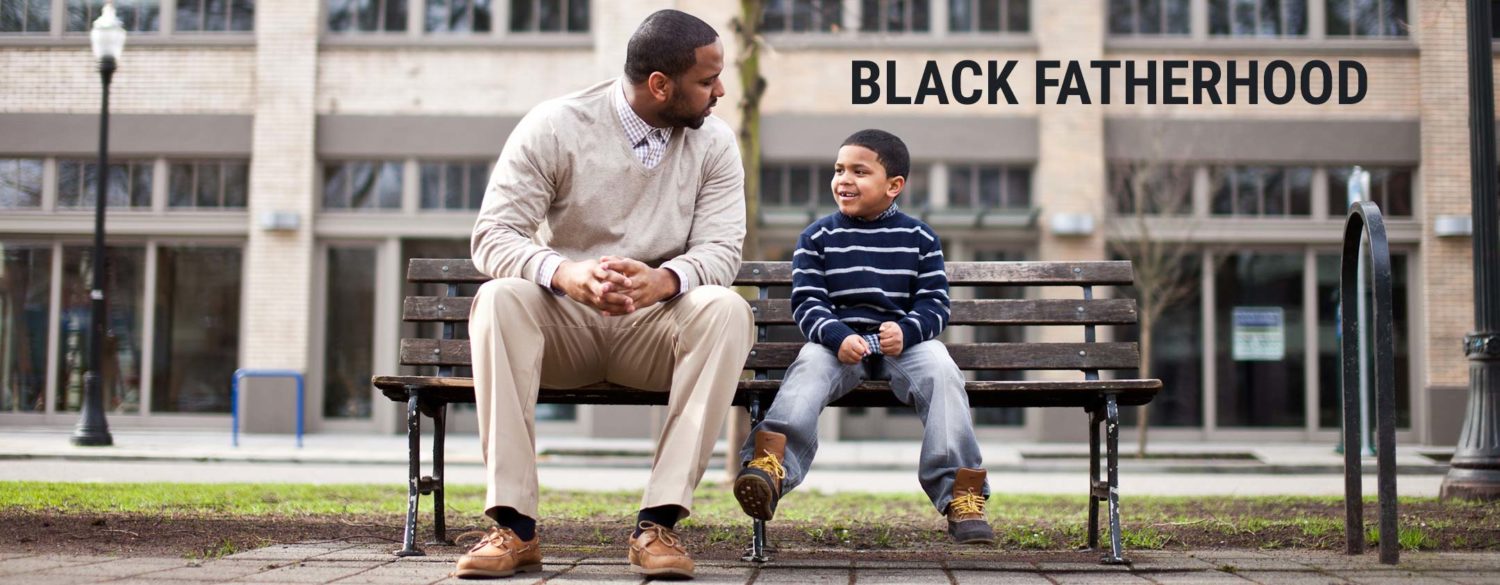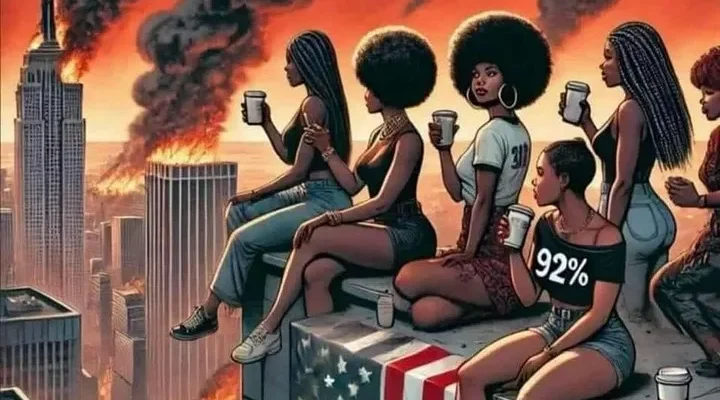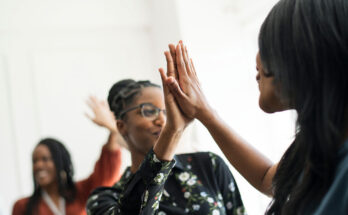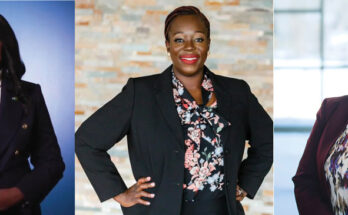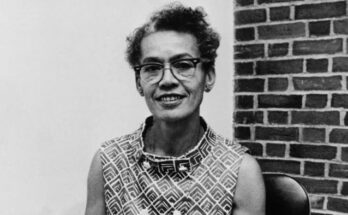A reprint. Written by Leslie Mac, Digital Strategist Movement Auntie Abolitionist Baker, Medium.com
The image* circulating across social media — a group of Black women calmly drinking coffee atop a skyscraper while the city burns below — captures the fury, exhaustion, and clarity many of us feel after Election 2024. The final exit polls are in: 92% of Black women voted for Kamala Harris, while 53% of white women threw their support behind Donald Trump. Again.
This moment isn’t just about disappointment; it’s about the stark truth that Black women in America are often called to hold the line alone. For centuries, we’ve carried the weight of civic responsibility, and the lack of reciprocity from others — especially those who benefit the most from the systems we fight to dismantle — is nothing short of betrayal. It’s a betrayal with consequences. Fire spreads. And in this white supremacist hellscape, the flames always consume us first.
The Frontlines of Organizing
Black women have always been at the forefront of America’s most transformative movements. From Ida B. Wells to Sojourner Truth, from Fannie Lou Hamer to Shirley Chisholm, we are the backbone of progress. Why? Because we feel the urgency of change. We don’t have the luxury of apathy, and we don’t turn away from hard truths. We fight for a world where our communities can thrive — not just survive.
As Ella Baker, one of the most brilliant architects of the civil rights movement, once said:
“We who believe in freedom cannot rest until it comes.”
This ethos is why we work. It’s why we organize. It’s why we lead. It’s not for glory or recognition, but because we know the cost of inaction — because we have no choice but to fight for our freedom.
Generations of Black women have organized, led, and poured into movements not just because we wanted to, but because we had no choice. The fight is always closer to us because the pain, the stakes, and the consequences are always closer to us.
Voting Is Not Enough
The 2024 election has made one thing painfully clear: For far too many Americans, casting a ballot is the ceiling of their civic engagement. The discourse feels hollow when people act as though voting alone is revolutionary. It’s not. It never has been.
Voting is a single, foundational act of civic duty. But it’s also the bare minimum. It doesn’t build movements. It doesn’t challenge systems of oppression. And it doesn’t work if the only time you show up is during a presidential election year. If we are to create real, sustainable change, then civic engagement has to become a year-round commitment — not a quadrennial event.
In the last four years, Black women have led remarkable examples of local organizing that demonstrate what’s possible beyond election cycles:
- In Atlanta, Georgia, SisterLove, Inc., under the leadership of Dazon Dixon Diallo, has been a beacon of health advocacy and organizing. They’ve championed the intersection of reproductive justice and HIV/AIDS prevention, centering the health and well-being of Black women in their community while pushing for policy changes that address systemic inequities.
- In Richmond, Virginia, Birth In Color RVA, led by Executive Director Kenda Sutton-El, has transformed maternal health outcomes for Black women and birthing people. By providing culturally responsive doula services, education, and advocacy, they’ve fought to address the alarming disparities in maternal and infant health care, elevating birth justice as a critical issue in the region.
- In Houston, Texas, Black women in the Texas Organizing Project have been on the frontlines of community care, from organizing mutual aid networks during natural disasters to advocating for bail reform in local courts.
- Across the country, Black women educators have been pushing back against curriculum bans and book censorship, ensuring our children have access to a full and honest education.
These are just a few examples. The real work happens every day in neighborhoods, libraries, and community centers — spaces where Black women consistently show up, even when others don’t.
The Work Continues
Let me be clear: Black women are not sitting idle, wringing our hands about the state of the country. If that were our approach, we’d never get out of bed. The truth is, Black women are still working — still leading. Because we know that while elections have consequences, our survival has never depended on who is in the Oval Office. Our survival has always depended on us.
If you’re feeling helpless or wondering what to do next, let me challenge you to take inventory of your community:
- When and where are your local city or county council meetings held? These spaces often dictate policies that affect your daily life. Show up and speak out.
- What’s happening at your local school board? The far right isn’t just targeting presidential elections; they’re infiltrating school boards, rewriting curriculums, and banning books.
- What Black-led organizations are working in your area? Find them. Donate. Volunteer. Black women are already doing the work, but we shouldn’t have to do it alone.
- What are you doing to organize your own network of influence? Your voice and relationships are powerful tools. Start conversations, host gatherings, and take collective action with the people you know.
A Final Word
The United States may be a white supremacist hellscape, but the Black women I know aren’t giving up. We understand that this fight requires more than hope — it requires action, accountability, and vision. And while this work often feels thankless, we do it because the stakes are too high to stop.
The image of Black women watching the city burn resonates because it reflects our reality. But let me tell you something: We’re not just sitting there. Black women are the ones who’ll grab the buckets, strategize the rescue plans, and lead the rebuilding efforts — because if we don’t, who will?
The fire will burn us first, but we are not consumed. We endure. We organize. We rebuild. As for me, I’ll be starting by joining my comrade Feminista Jones in a community space for Black Women who are steadfast in this fight.
Now, what will you do?
*Note: The image this piece is reacting to is an AI replication (by Nikki Free) of artwork by Navi Robins.
You can follow Leslie Mac on BlueSky for more commentary and calls to action: https://bsky.app/profile/lesliemac.bsky.social
Read the original article at https://medium.com/@LeslieMac/i-cant-watch-the-world-burn-because-the-fire-will-burn-me-first-ae2fa7d68511.

